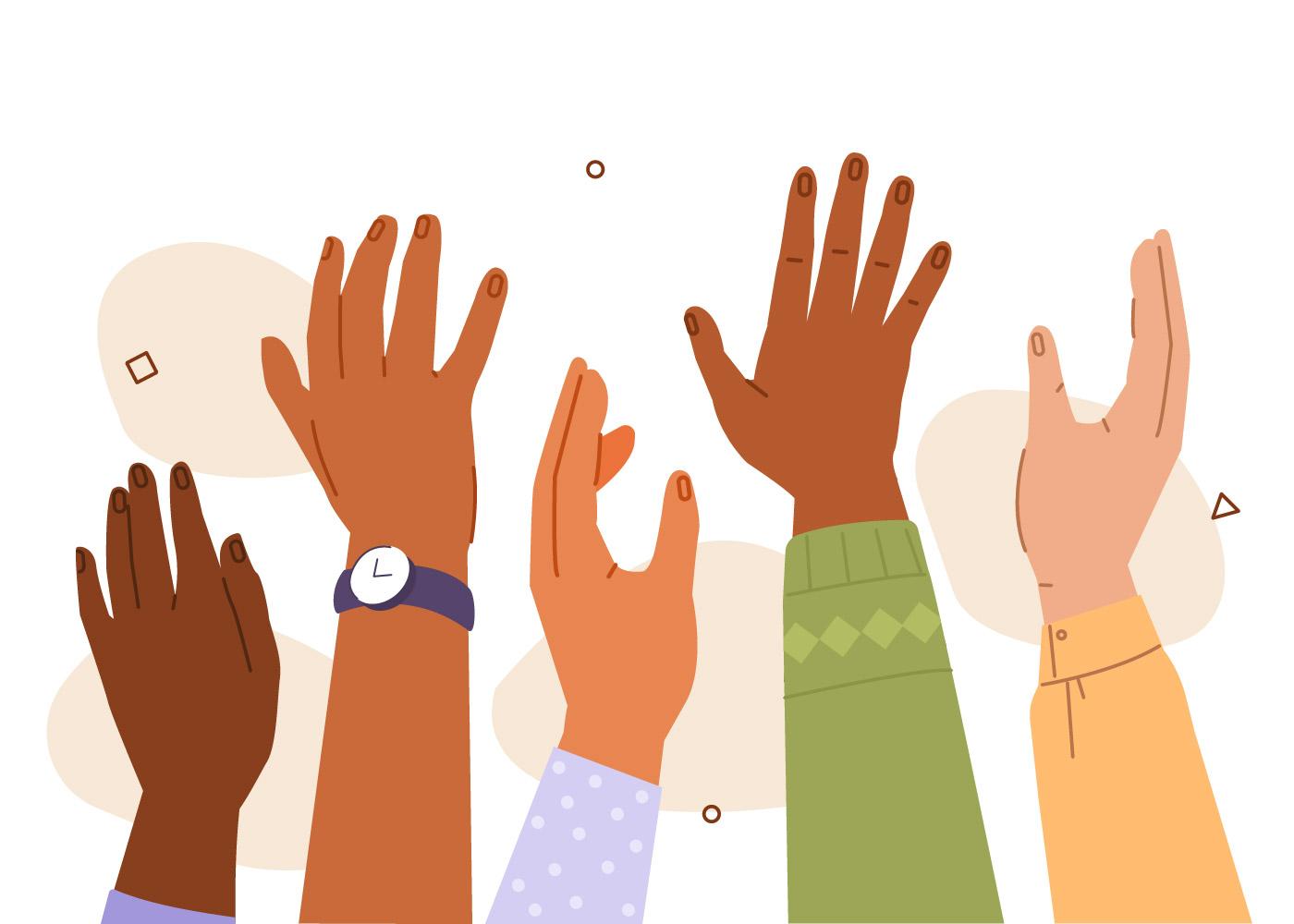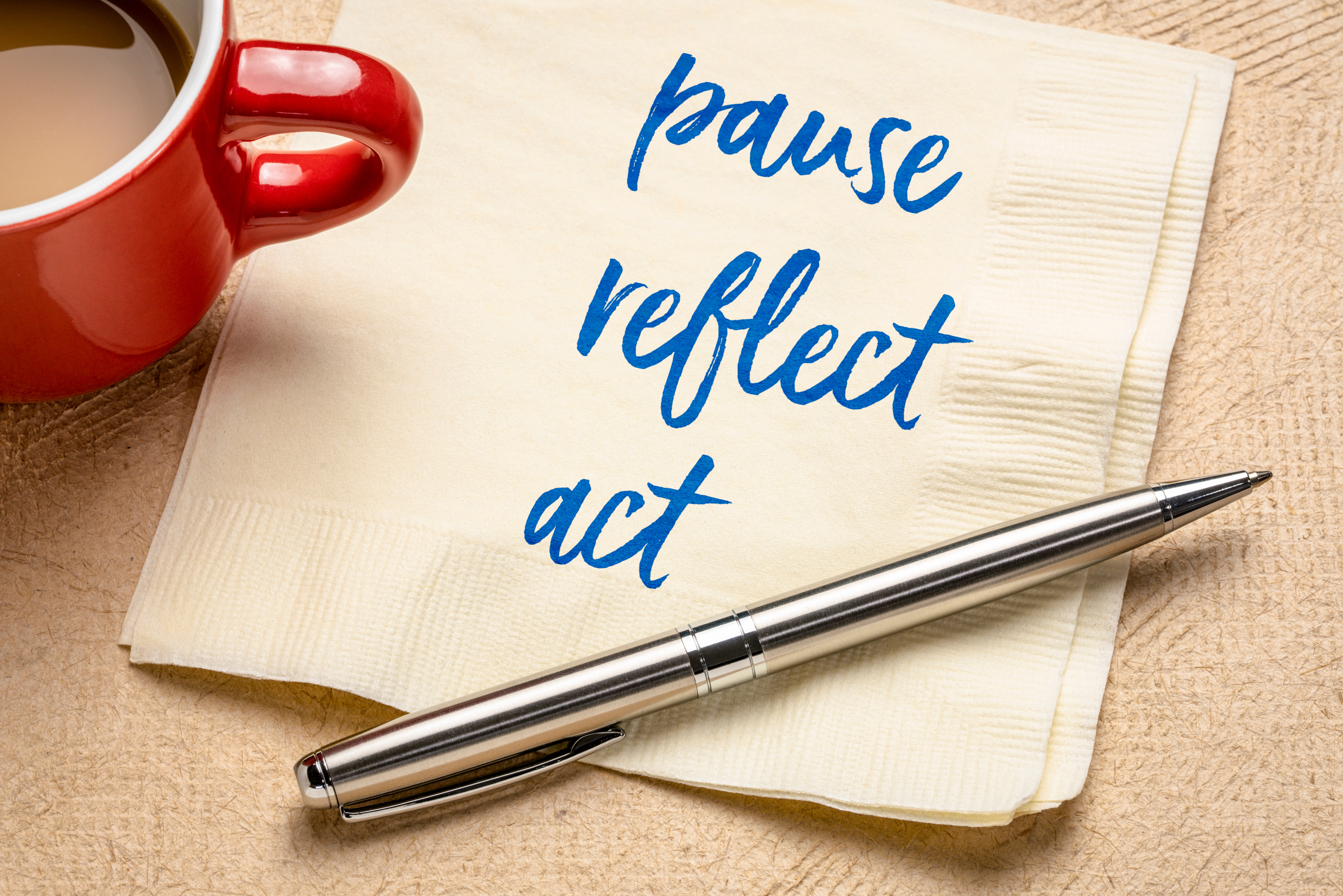Accountability
Accountability in white normative culture is often about punishment or return on investment. The Office of Equity rejects the strategies that position accountability as a punitive tool.

In our human-centered approach, accountability is fundamentally about Truth and Reconciliation.
Accountability is about:
- Honoring our Commitments.
- The Human Impact of our Decision-Making.
- Relationships and Transformative Change.
- Community.
Ultimately, accountability begins and ends with truth. It takes every person to make small, day-to-day commitments to realizing pro-equity anti-racism in their lives to ensure that our organizations and institutions do the same. Without self-accountability there will be no organizational accountability. Take the PEAR Pledge, make a commitment and hold yourself accountable to achieve equity and justice for all.
At the Office of Equity we work to demonstrate these “musts” on our quest towards accountability. We must:

Transparency
Acknowledge with radical transparency the historic and present harms to be able to identify and diagnose the systemic problems that prevent us from creating a reality where everyone has their needs met and they have the tools, resources, and power to live and thrive.

Committment
Identify the harms and define the targeted strategies for achieving our goals with the communities. We must make a commitment to repair the harm and ultimately be accountable to those communities most harmed by the systems of oppression.

Action
Take Action to repair the harm and build into our systems structures that prevent recurrence of that harm.

Reflection
Reflect consistently on our progress, performance, and impacts. We must constantly question if the targeted interventions are helping us reach our universal goals. If we discover that the impacts of our actions have caused or perpetuated harm, we must be transparent about the mistakes and with humility adjust our strategies to continuously drive towards our universal goals equity and justice for all.
Transparency


Committment


Action


Reflection


It takes every person to make small, day-to-day commitments to realizing pro-equity anti-racism in their lives to ensure that our organizations and institutions do the same. Without self-accountability there will be no organizational accountability. Take the PEAR Pledge, make a commitment and hold yourself accountable to achieve equity and justice for all.
“There are three types of accountability that are essential to this work.
- The first is self-accountability, the practice of taking responsibility for your actions and the consequences of those actions. Every single member of a team must recognize that they have a role to play in building a culture committed to inclusion, belonging, and equity, and this recognition begins with taking responsibility for their own contributions to that culture.
- The second is mutual accountability, which is based on defining a shared agenda for change, rather than using a top-down policing model rooted in punishment. Mutual accountability challenges team members to move beyond defensiveness, to focus on the effects of their behavior instead of hiding behind their proclaimed good intentions, and to work to repair the harm caused. Mutual accountability requires a commitment to putting relationships ahead of the need to be right or be perceived as a “good person.”
- The third is community accountability, a process in which a community together to do the following:
- Provide safety and support to those who have been targeted.
- Create and affirm values and practices that resist abuse and oppression, and encourage safety, support, and accountability.
- Develop sustainable strategies to address the abusive behavior of community member(s) and facilitate a process for them to account for their actions and transform their behavior.
- Commit to the ongoing development of all members of the community and the community itself to transform the conditions that reinforce oppression.”
(source: Stanford Social Innovation Review)
